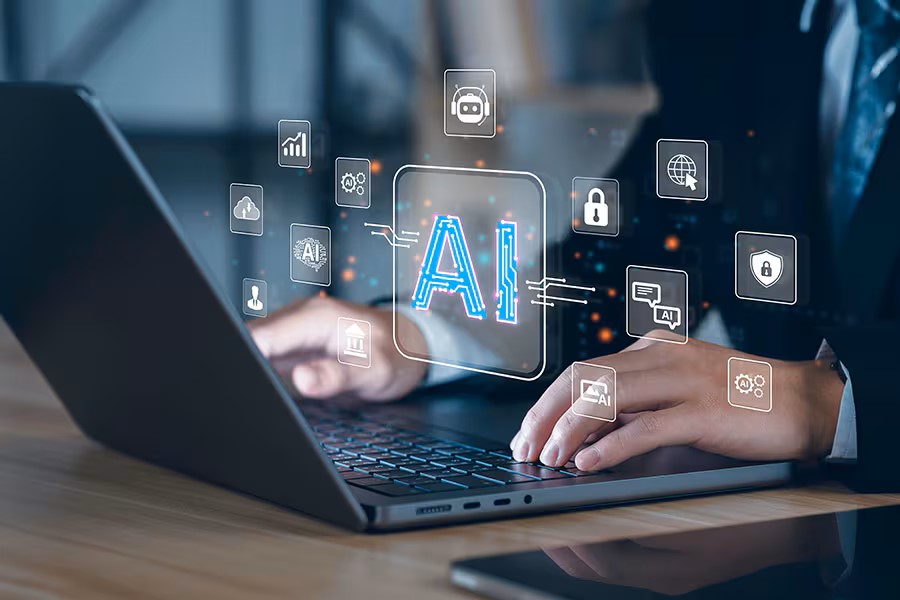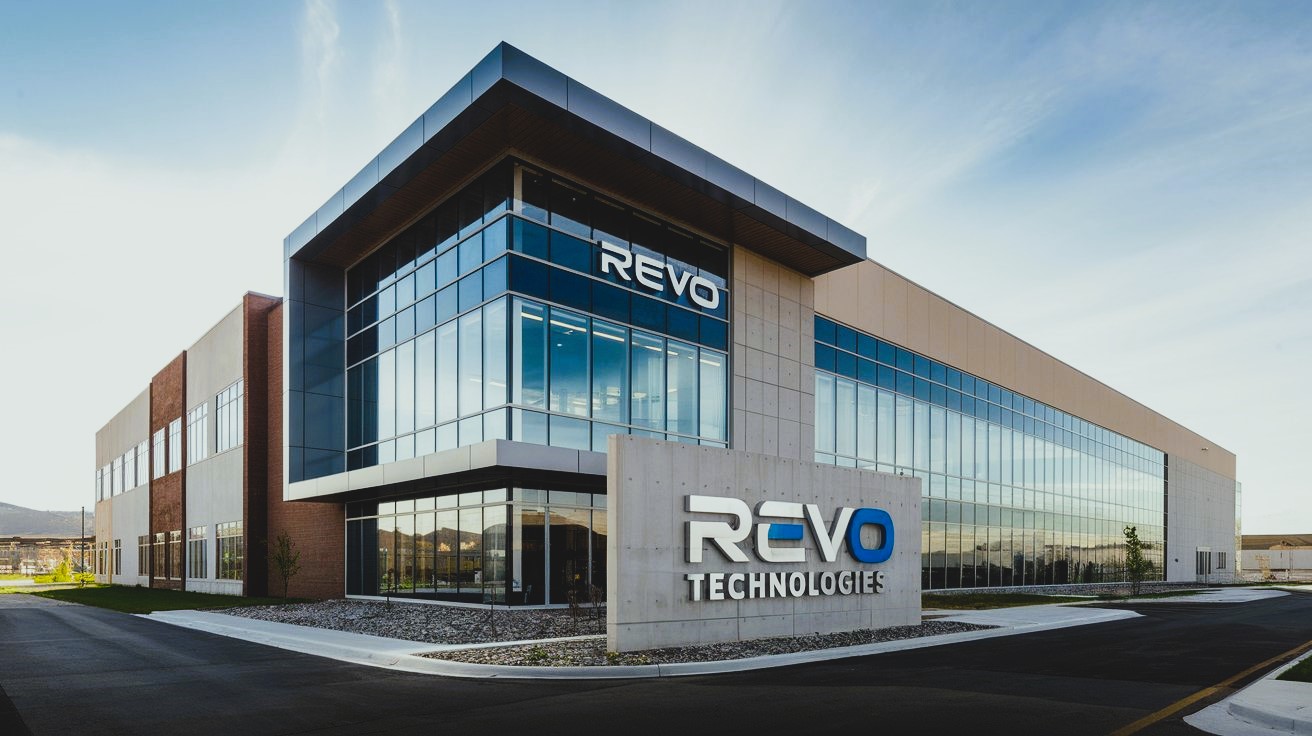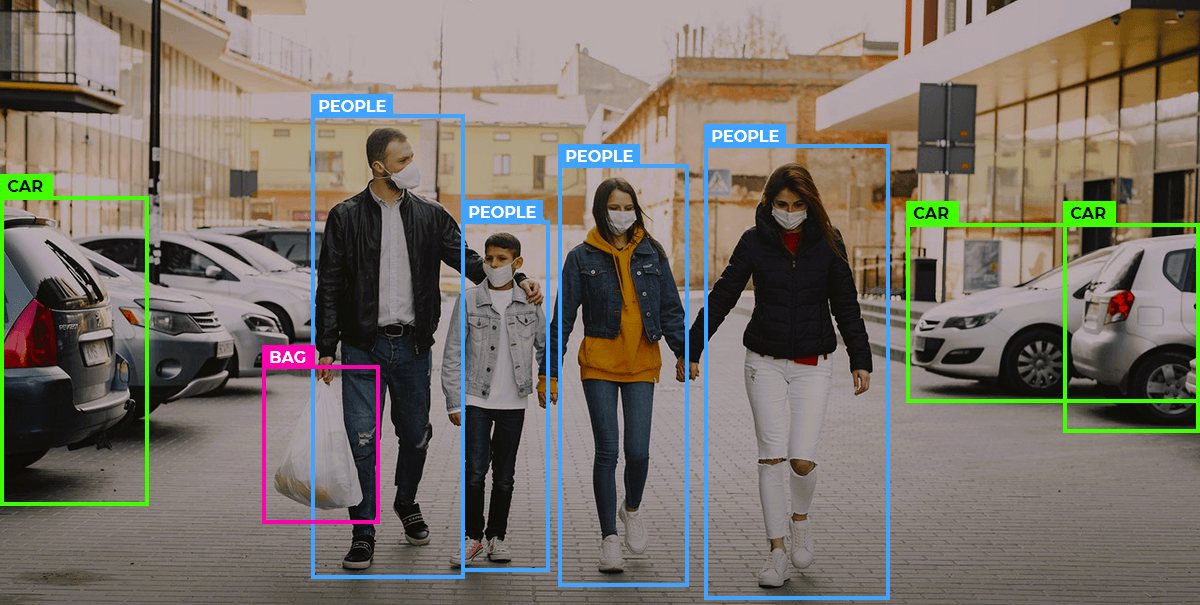Artificial Intelligence (AI) has emerged as one of the most transformative technologies in the modern era. It’s often described as a General-Purpose Technology (GPT), which means it’s not limited to one specific industry but has the potential to reshape multiple sectors. From healthcare to finance, AI’s applications are vast, and its ability to enhance productivity, streamline processes, and create new opportunities makes it a true GPT. This article will explore why AI is considered a general-purpose technology, its real-world applications, and how it’s shaping the future.
What is General-Purpose Technology (GPT)?
Before diving into AI’s role as a general-purpose technology, it’s important to define what GPT actually is. GPT refers to a technology that has broad, pervasive effects across industries, driving economic and social transformations. Historical examples of GPT include electricity and the internet, both of which revolutionized how industries operate and how people live their everyday lives.
AI fits this category because it can be applied across numerous fields, enhancing efficiency, driving innovation, and creating new industries, much like these past transformative technologies.
Why AI is Considered a General-Purpose Technology
Artificial Intelligence is not confined to one specific application. It can learn and adapt, making it valuable in multiple domains. Its versatility is evident in the following key aspects:
- Automation Across Industries: AI is capable of automating a wide range of tasks in industries like manufacturing, healthcare, and customer service, reducing human error and increasing efficiency.
- Data Processing at Scale: AI can analyze vast amounts of data quickly, identifying patterns that would be impossible for humans to detect promptly. This is crucial for fields like finance, where decision-making is often data-driven.
- Adaptability: AI systems can learn and improve over time through machine learning algorithms, enabling them to handle new tasks without the need for extensive reprogramming.
- Cost Efficiency: By automating tasks and reducing the need for human intervention, AI can significantly cut operational costs while improving output quality.
These qualities position AI as a GPT, enabling transformative effects in a variety of industries.
Applications of AI in Different Sectors
1. Healthcare
AI is revolutionizing healthcare by improving diagnostics, predicting patient outcomes, and personalizing treatment plans. Machine learning algorithms can analyze medical images faster than radiologists and identify early signs of diseases like cancer. Additionally, AI-powered virtual health assistants provide patients with 24/7 support, helping them manage chronic conditions and schedule appointments.

2. Finance
In finance, AI is used for fraud detection, risk management, and algorithmic trading. AI algorithms analyze large datasets to detect fraudulent activities in real time, preventing financial crimes before they escalate. Additionally, robo-advisors powered by AI offer personalized financial advice to investors, democratizing access to wealth management services.
3. Manufacturing
AI enhances the efficiency of production lines by predicting equipment failures, optimizing supply chains, and reducing downtime. Predictive maintenance powered by AI helps manufacturers avoid costly breakdowns by alerting them to potential issues before they occur. Additionally, AI-powered robots are increasingly being used in factories to perform repetitive tasks, improving productivity.
4. Customer Service
Chatbots and virtual assistants, powered by AI, have transformed customer service by providing instant responses and resolving queries without the need for human intervention. AI can analyze customer sentiment and offer personalized recommendations, improving customer satisfaction and retention.
5. Retail
In retail, AI is used for demand forecasting, inventory management, and personalized marketing. By analyzing customer behavior and purchase history, AI helps retailers make informed decisions about stocking products and offering promotions. AI-powered recommendation systems, like those used by Amazon, suggest products to customers based on their browsing history, increasing sales.
6. Education
AI is being integrated into education through personalized learning platforms that adapt to each student’s pace and learning style. AI can analyze student performance and offer tailored recommendations, helping them improve in areas where they struggle. This individualized approach enhances the learning experience and ensures students get the support they need.
7. Transportation
Autonomous vehicles are one of the most exciting applications of AI in transportation. Companies like Tesla and Waymo are using AI to develop self-driving cars that can navigate roads and traffic conditions with minimal human input. AI is also used in traffic management systems to reduce congestion and improve urban mobility.
Benefits of AI as a General-Purpose Technology
1. Increased Efficiency
AI can automate time-consuming tasks, allowing human workers to focus on more complex and creative activities. This results in increased productivity and reduced operational costs across industries.
2. Better Decision-Making
By analyzing massive datasets, AI can uncover insights that help organizations make data-driven decisions. This is particularly beneficial in industries like finance and healthcare, where accurate decision-making is critical.
3. Enhanced Innovation
AI fosters innovation by providing new tools for solving problems and creating products. For example, AI is being used in drug discovery to identify new treatments for diseases, potentially reducing the time it takes to bring new medications to market.
4. Personalization
AI’s ability to analyze data allows for more personalized experiences for consumers. From personalized healthcare treatments to customized shopping recommendations, AI enhances customer experiences by tailoring services to individual needs.

Challenges and Ethical Considerations
Despite its many advantages, AI as a general-purpose technology is not without its challenges:
- Job Displacement: As AI continues to automate tasks, there are concerns about job displacement in certain industries, particularly for workers in repetitive roles.
- Bias in AI: AI systems can inadvertently perpetuate biases if trained on biased datasets. This can lead to unfair outcomes in areas like hiring, lending, and law enforcement.
- Data Privacy: With AI systems relying heavily on data, concerns about data privacy and security are paramount. Organizations must ensure that AI systems are transparent and user data is protected.
- Regulation and Oversight: As AI continues to evolve, governments and regulatory bodies need to establish guidelines to ensure that AI is used ethically and responsibly.
The Future of AI as a General-Purpose Technology
Looking forward, AI’s role as a general-purpose technology is expected to grow. As AI systems become more advanced, we can expect to see even greater automation, more personalized services, and enhanced decision-making across industries. However, it is essential to address the ethical challenges associated with AI to ensure its benefits are widely shared and that the technology is used responsibly.
Conclusion
Artificial Intelligence has rightfully earned its place as a general-purpose technology, impacting multiple industries and driving innovation. From healthcare to education, AI is transforming the way we live and work.
As we move into the future, the potential of AI is boundless, but it must be developed and used in a way that benefits all of society. With proper regulation and ethical consideration, AI can continue to be a force for good, revolutionizing industries and improving lives.





